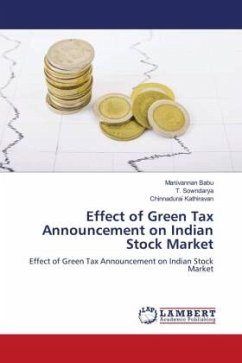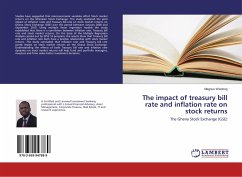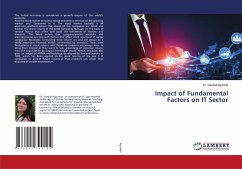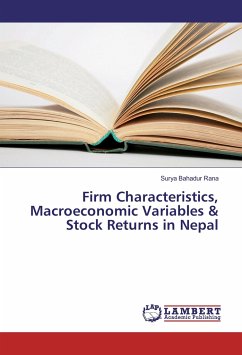
Effect of Green Tax Announcement on Indian Stock Market
Effect of Green Tax Announcement on Indian Stock Market
Versandkostenfrei!
Versandfertig in 6-10 Tagen
29,99 €
inkl. MwSt.

PAYBACK Punkte
15 °P sammeln!
In recent years, the so-called green tax reforms have become a relevant instrument in the environmental policies of the developed world. These reforms are based on the theory of the double dividend of environmental taxation, which essentially argues in favour of the introduction of such taxes in a revenue-neutral fashion to reduce other distortionary levies. Energy consumption yielding pollution causes global climate change (GCC), and it is necessary to cooperatively cope with GCC to eliminate natural hazards incurred by GCC. Therefore, cooperative innovation in environmental attracts more and...
In recent years, the so-called green tax reforms have become a relevant instrument in the environmental policies of the developed world. These reforms are based on the theory of the double dividend of environmental taxation, which essentially argues in favour of the introduction of such taxes in a revenue-neutral fashion to reduce other distortionary levies. Energy consumption yielding pollution causes global climate change (GCC), and it is necessary to cooperatively cope with GCC to eliminate natural hazards incurred by GCC. Therefore, cooperative innovation in environmental attracts more and more attention in recent years.












